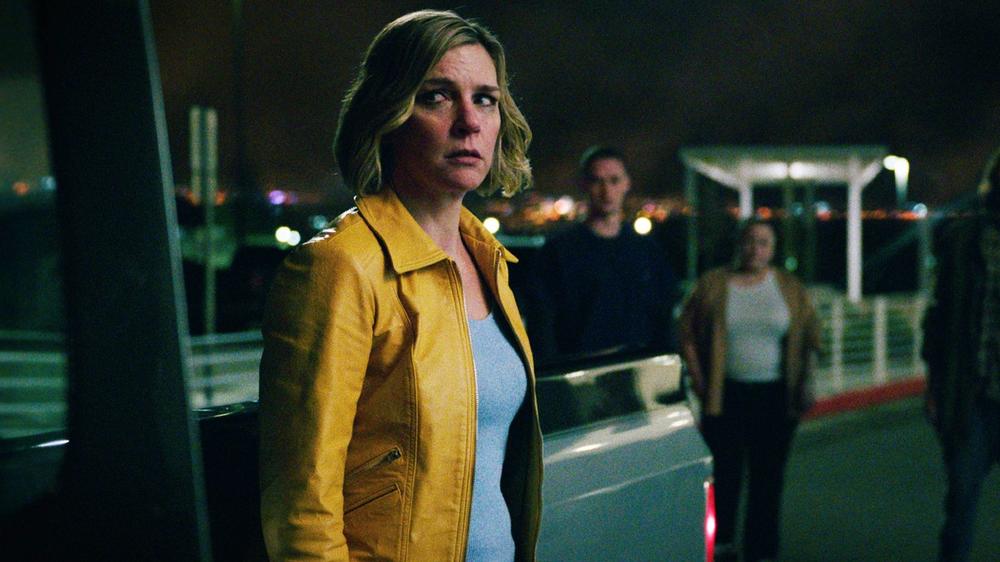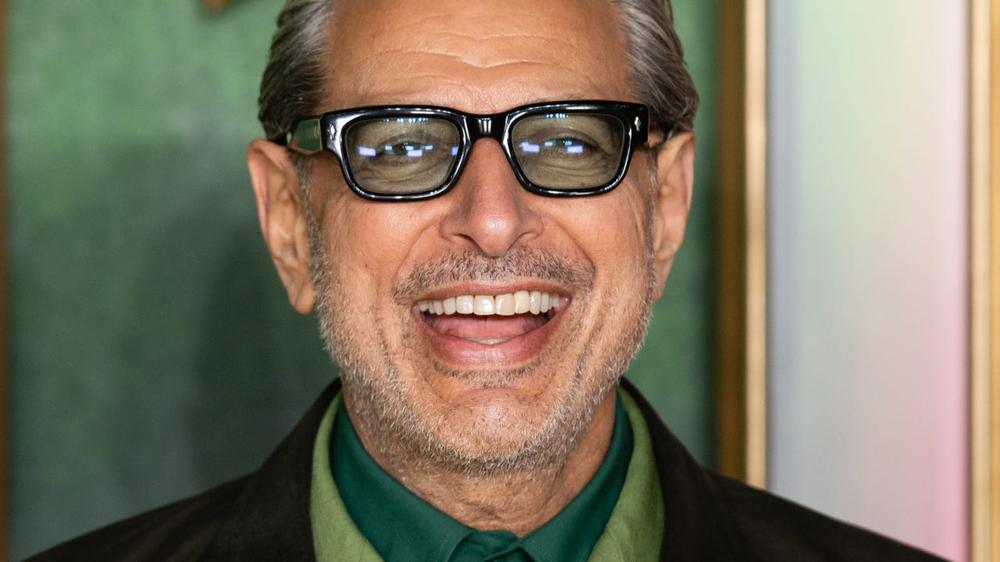New sci-fi drama Pluribus features a pointed dig at the use of AI in television, which is consistent with what the show’s creator has been saying about artificial intelligence this week.
Pluribus is Vince Gilligan’s first TV show since Breaking Bad and Better Call Saul; one which sees the showrunner swap crime drama for sci-fi mystery.
The Apple TV series stars Rhea Seehorn as “the most miserable person on earth who must save the world from happiness,” with that central mystery concerning an alien virus that turns humanity into a hive mind.
That plot certainly has AI connotations, and that mirrors what Gilligan has been saying in multiple interviews to promote the show.
Pluribus features “human” message consistent with Vince Gilligan’s beliefs
During the end credits, Pluribus features the words: “This show was made by humans.”
Which is another way of saying “no AI was used during the making of this show,” and that’s a statement that’s very close to Vince Gilligan’s heart. So-much-so that he recently told Polygon: “I have not used ChatGPT, because as of yet, no one has held a shotgun to my head and made me do it.”
While we’re only two episodes in, Pluribus does seem to carry a distinctly anti-AI message in its narrative, connected to Gilligan’s belief that such tech is to the “detriment” of society.
“I do not care for AI,” Gilligan told Deadline. “But I’ll try to be magnanimous and say that anytime a new technology is created, I have to believe that the central impetus of it is to make the world a better place.
“It’s just that, as this technology progresses, I don’t see how it will make the world a better place, but maybe it will, because I’m wrong more than I’m right. It depends on what the heck you’re creating a technology for, but more and more, it just seems to be clear, either explicitly or implicitly, that this technology is being designed to take work away, creativity away, creative endeavor away from human beings.”
He even cites examples on this front: “When your selling point is: ‘This thing is great, it’ll write your High School essays for you, it’ll create your artwork for you if you’re an artist, so you don’t have to actually learn how to draw and paint anymore… you don’t ever need to learn how to read a map or use a compass… this thing will wipe your butt for you.’ What’s left to live for? The creative spark in human beings – it’s one of the most precious, wonderful things we have. What is more important than being creative?”
Then trying it back to his show, Gilligan adds: “If you elect to have a machine do those things for you, you’re losing something. You’re losing a part of yourself. You’re losing an agency, to use a word from Pluribus, that you would otherwise possess, that you no longer have at your disposal.”

 Jurassic Park Star Jeff Goldblum Reveals Why Wicked Made Him Give Up Meat
Jurassic Park Star Jeff Goldblum Reveals Why Wicked Made Him Give Up Meat